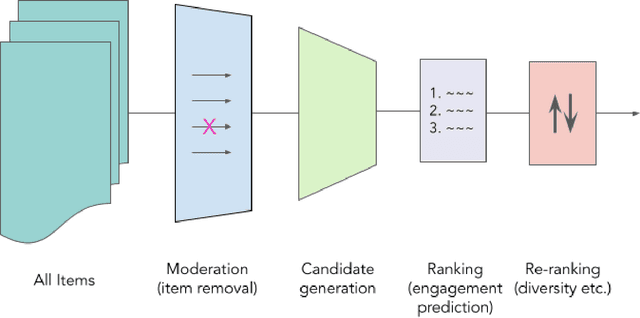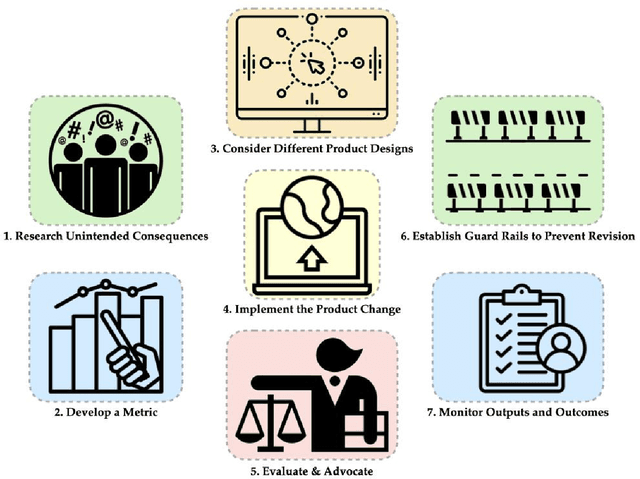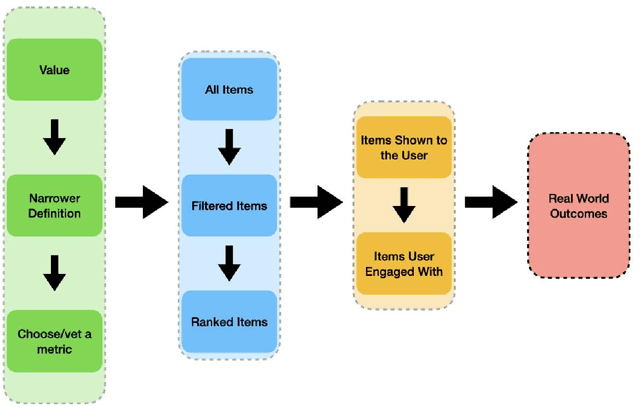Nina Vasan
Expert Evaluation and the Limits of Human Feedback in Mental Health AI Safety Testing
Jan 26, 2026Abstract:Learning from human feedback~(LHF) assumes that expert judgments, appropriately aggregated, yield valid ground truth for training and evaluating AI systems. We tested this assumption in mental health, where high safety stakes make expert consensus essential. Three certified psychiatrists independently evaluated LLM-generated responses using a calibrated rubric. Despite similar training and shared instructions, inter-rater reliability was consistently poor ($ICC$ $0.087$--$0.295$), falling below thresholds considered acceptable for consequential assessment. Disagreement was highest on the most safety-critical items. Suicide and self-harm responses produced greater divergence than any other category, and was systematic rather than random. One factor yielded negative reliability (Krippendorff's $α= -0.203$), indicating structured disagreement worse than chance. Qualitative interviews revealed that disagreement reflects coherent but incompatible individual clinical frameworks, safety-first, engagement-centered, and culturally-informed orientations, rather than measurement error. By demonstrating that experts rely on holistic risk heuristics rather than granular factor discrimination, these findings suggest that aggregated labels function as arithmetic compromises that effectively erase grounded professional philosophies. Our results characterize expert disagreement in safety-critical AI as a sociotechnical phenomenon where professional experience introduces sophisticated layers of principled divergence. We discuss implications for reward modeling, safety classification, and evaluation benchmarks, recommending that practitioners shift from consensus-based aggregation to alignment methods that preserve and learn from expert disagreement.
Moving Beyond Medical Exam Questions: A Clinician-Annotated Dataset of Real-World Tasks and Ambiguity in Mental Healthcare
Feb 22, 2025Abstract:Current medical language model (LM) benchmarks often over-simplify the complexities of day-to-day clinical practice tasks and instead rely on evaluating LMs on multiple-choice board exam questions. Thus, we present an expert-created and annotated dataset spanning five critical domains of decision-making in mental healthcare: treatment, diagnosis, documentation, monitoring, and triage. This dataset - created without any LM assistance - is designed to capture the nuanced clinical reasoning and daily ambiguities mental health practitioners encounter, reflecting the inherent complexities of care delivery that are missing from existing datasets. Almost all 203 base questions with five answer options each have had the decision-irrelevant demographic patient information removed and replaced with variables (e.g., AGE), and are available for male, female, or non-binary-coded patients. For question categories dealing with ambiguity and multiple valid answer options, we create a preference dataset with uncertainties from the expert annotations. We outline a series of intended use cases and demonstrate the usability of our dataset by evaluating eleven off-the-shelf and four mental health fine-tuned LMs on category-specific task accuracy, on the impact of patient demographic information on decision-making, and how consistently free-form responses deviate from human annotated samples.
Building Human Values into Recommender Systems: An Interdisciplinary Synthesis
Jul 20, 2022



Abstract:Recommender systems are the algorithms which select, filter, and personalize content across many of the worlds largest platforms and apps. As such, their positive and negative effects on individuals and on societies have been extensively theorized and studied. Our overarching question is how to ensure that recommender systems enact the values of the individuals and societies that they serve. Addressing this question in a principled fashion requires technical knowledge of recommender design and operation, and also critically depends on insights from diverse fields including social science, ethics, economics, psychology, policy and law. This paper is a multidisciplinary effort to synthesize theory and practice from different perspectives, with the goal of providing a shared language, articulating current design approaches, and identifying open problems. It is not a comprehensive survey of this large space, but a set of highlights identified by our diverse author cohort. We collect a set of values that seem most relevant to recommender systems operating across different domains, then examine them from the perspectives of current industry practice, measurement, product design, and policy approaches. Important open problems include multi-stakeholder processes for defining values and resolving trade-offs, better values-driven measurements, recommender controls that people use, non-behavioral algorithmic feedback, optimization for long-term outcomes, causal inference of recommender effects, academic-industry research collaborations, and interdisciplinary policy-making.
 Add to Chrome
Add to Chrome Add to Firefox
Add to Firefox Add to Edge
Add to Edge